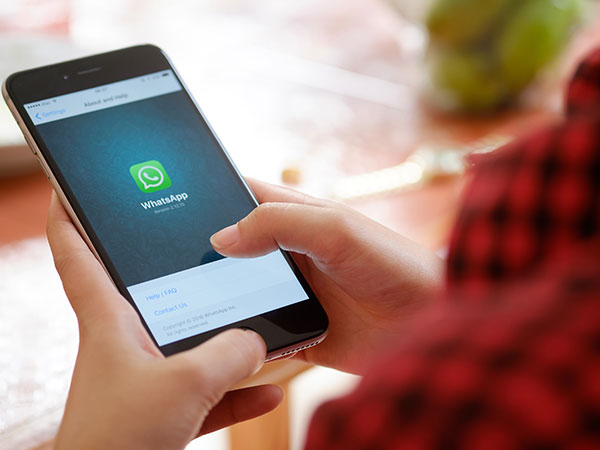By Namita Shibad
Hindustan Times, New Delhi
WWR Article Summary (tl;dr) Women in India are selling everything from kids products to jewelry to stationery with a simple tool called “WhatsApp.”
Hindustan Times, New Delhi
Setting up a retail business in the past meant investing in an office or a shop, stocking goods and then selling.
Big bucks, given the cost of real estate and your products was almost imperative. But gone are those days. Now, with technology and social media, many women have sprouted entrepreneurial wings that are soaring.
This is exactly what happened to senior citizen Vinod Verma who sells organic micro-greens on WhatsApp.
“I met a person who produces these organically grown vegetables once and when I bought them to try, I was very impressed. I’m a person who hates bhindi/okra (ladies’ fingers), but when I tried the organic one, it was very delicious. So I thought, I have the time, I’m sitting at home doing nothing, why not offer this to more people? Not only will I make a little something other than my pension money, but I will also give people healthy and tasty vegetables.”
For 21-year-old Yashna Dave, a student of graphic design and animation, who hand crafts jewelery, the doors to starting her own business was just a click away.
“As soon as I finished my graphic designing course, I thought of selling my skill. I also used to make jewelery. So using the various groups on WhatsApp, I started off. I easily make between Rs 10,000 and 12,000 by working on this platform. I receive queries, and for the designing part of the work, I send all logos and designs through WhatsApp. It’s almost easy,” says Yashna.
The lure of ease has also attracted Megha Bafna, who works full time with a builder as a customer relationship management (CRM) manager. Between handling a full time job and a six year old son, the lady manages to supply salads to approximately 120 homes on a daily basis.
“I wake up at 5 in the morning, finish cooking the grains/dips. Then, at 7am, I go to the market near my house to buy the vegetables. By 8.30 am, all my salad boxes are packed and ready for delivery.”
Jennifer Mehmi, who gave up her job as vice president at an IT company to start her own business, explains her approach. Jennifer sells a whole range of kids products, kitchen products, household use items, personal use items, stationery and more.
“Most people are part of some WhatsApp group or the other. You tie up with a wholesale seller or a manufacturer, depending on what you are selling, and start posting pictures of your product with some info on such groups. As it reaches people’s hands directly, the sale is almost instant,” says Mehmi.
Posting and selling products on the same groups may seem like limiting your customer base, but these businesswomen also have solutions. “You need to keep expanding your groups. We post on Facebook and get referrals from existing clients. I am on five different WhatsApp groups now and have a customer base of 300 clients,” says Jennifer.
Direct, quick and easy. This is what defines this marketing tool. But how do deliveries happen? Megha Bafna explains, “My product are perishable, so I deliver in the city itself. I have four delivery boys who are relatives of my maid. I pay them Rs 4000 each per month and they take care of my deliveries.” Megha has achieved a turnover of about Rs 40,000/ per week now.
Jennifer does her deliveries by courier. “In the case of items that need to be delivered out of Pune, like to my Gujarat, Mumbai and Delhi customers, I pack the items and ship it directly. In fact, many of my Pune customers too prefer their stuff being shipped. It has become so popular that some of my vendors offer shipping services. So once I make a sale, I inform the vendor and he ships it directly,” she says.
This business model seems to have very few risks. Payments are made by the customers before the products are shipped using Paytm or online payments.
“In some cases, we do allow cash on delivery, but we don’t offer is credit anywhere. The only case in which a problem arises is when a client is not happy with the product or when it is damaged. In that case, we immediately replace it” explains Jennifer.
The rainbow colors of this business do have some dark spots. Debjani Banerjee, who manufactures stationery products and eco-friendly bags for corporates and large scale retailers, says WhatsApp alone is not enough.
“I do sell on WhatsApp, but it accounts for just 10% of the business volume. What I have noticed is that it’s mostly women who buy these items for gifting purposes or self use, so the quantities can’t be large.” says Debjani.














































































































































































































































































































































































